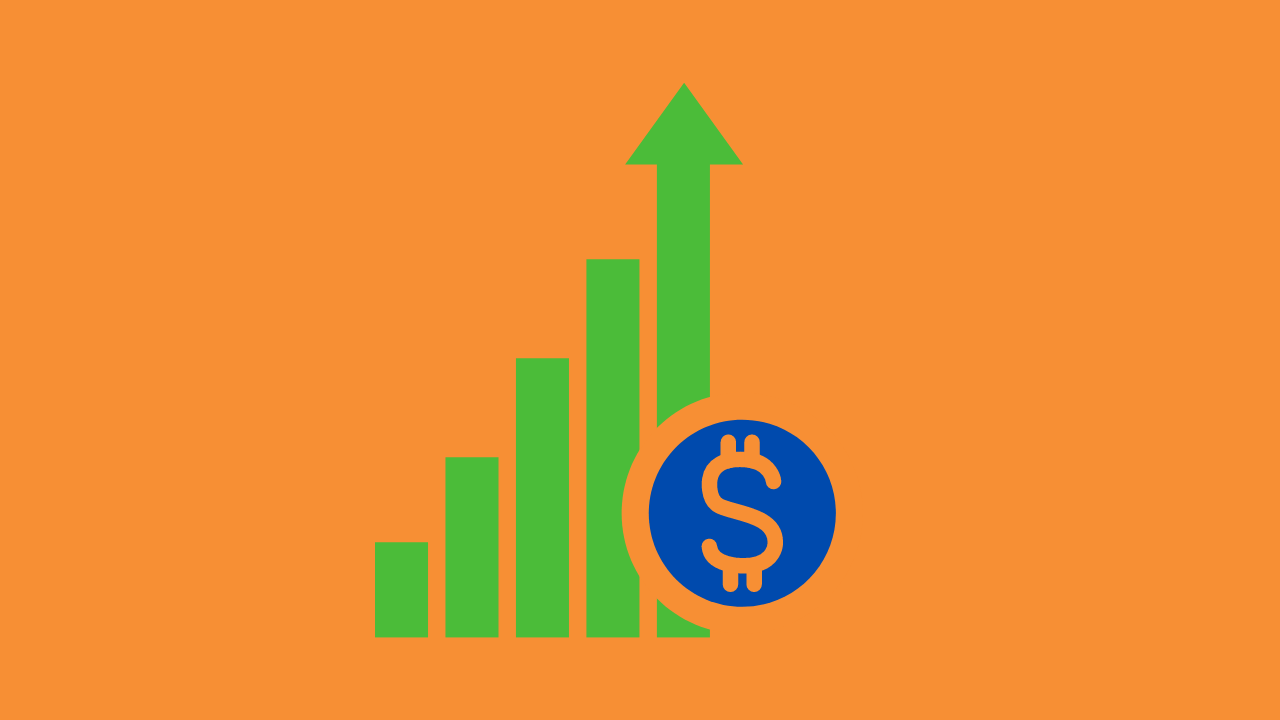Today we will know what is a short-term debt fund and how it works. If you shop in a grocery store. So you know that everything has the last date. Like vegetables can spoil in 1 day. Vegetables like tomatoes, Began, remain fresh for 3 to 4 days. And onions and potatoes stay fresh for months.
Debt funds work in the same way Debt funds are a lesson in Mutual Funds. So today in this article we will know what is short term debt fund, what are its advantages, what are its disadvantages.
If we understand everything in this article, then let us understand what is debt fund.
Read Also : 25 Stock Market Terms for Beginners
What is Debt Fund
Debt fund is a type of mutual fund that primarily invests in fixed income securities such as government securities, corporate bonds, certificates of deposit and etc.
Debt funds are one of the safest investment instruments available for investors who want to make good returns on their investments without taking any risk. Moreover, the returns are quite stable, as the returns in equity funds are volatile.
What are short-term debt funds
As the name suggests, short term debt funds, also known as short duration funds, are generally debt mutual funds that invest money for a short duration, usually less than 3 years.
Also known as short term income funds, short term debt funds invest in debt instruments and money market instruments which include bank papers (also called certificates of deposit), government papers (G-secs) and commercial papers (CPs).
This mutual fund scheme is suitable for investors who prefer capital protection, but want to invest primarily for a long period of time to earn good returns over the long term (between 1-3 years).
Investors who are willing to invest for a shorter tenure of 1-3 years can look at short term bond funds. Short term loan products can benefit from interest sources ranging from strategic risk to high term loans in the loan portfolio and by the respective fund manager.
Read Also : What Is a Mutual Fund and How Does It Work
Features of Short Term (Short Term) Debt Funds.
Some of the salient features of short term funds are
Overnight Debt Funds
Overnight funds are debt funds that invest in overnight assets, or securities with a residual maturity of one day.
Typically, they invest in call money instruments. Call money instruments are used by banks for inter-bank lending. These papers are extremely safe but they carry very low rate of returns.
More Liquidity Funds
Short term debt funds are highly liquid as the maturity period is short and allows investment in liquidity. Generally, there is no entry and exit load on these funds. However, some short term debt funds charge an exit load if the exit takes place within a few months. Hence, investors are suggested to invest wisely considering all the parameters.
Ultra-Short Duration Fund
Ultra short duration funds are fixed income mutual fund schemes which invest debt and money market securities such that the Macaulay Duration of the scheme portfolio is 3 months to 6 months.
These funds are suitable for short term investments since they are less volatile and aim to produce more stable income compared to funds with longer duration profiles. Many investors get confused between liquid funds and ultra-short duration funds.
Read Also : Gold Investment for Beginners
Low-Duration Funds
Low duration funds are debt mutual fund schemes which invest in debt and money market securities such that the Macaulay Duration of the scheme is 1 to 3 years.
The investment objective of these funds is income generation through accrual over the maturity term of the instruments in the scheme portfolio.
These funds have moderately low interest rate risk. The credit risk of Low duration funds may vary from scheme to scheme depending on the credit quality of the underlying instruments.
Advantages of Investing in Short Term Debt Funds
Following are the benefits of investing in short-term debt funds
Stable Returns
Debt funds are classified as – liquid funds, floating rate funds, corporate bond funds, ultra-short term funds, etc. This classification is done based on the holding period of the investment instruments in these funds.
The investment instruments include government securities, treasury bills, corporate bonds, money market instruments, etc.
Read Also : Basic Knowledge of Share Market
Helps to Maintain a Balance in the Portfolio
Short term debt funds can be a great alternative to balanced funds. Balanced funds are a mix of equity and debt. They carry an element of risk from the equity portion. So, when you invest in a balanced fund, you are only increasing your equity allocation and risk.
Superior Tax Benefits
Another advantage of investing in short term debt funds is that they offer superior tax benefits. This is the reason why investors prefer short term debt funds over bank fixed deposits.
Short term debt funds qualify for indexation if held for more than 3 years. No such facility is provided in a bank FD. In a bank FD, if you fall in the highest tax bracket, then you need to pay highest tax on FD. But in a short term bond fund, you can claim indexation and save taxes!
Read For More Details : Everything About Short Term Debt Funds in India
Risks in Short-Term Debt Funds
Interest Rate Risk
Short term debt funds carry high interest rate risks. Interest rates and bond prices have an inverse relationship. A short-term change in interest rate impacts the returns generated by short term debt funds.
In a rising interest rate scenario, short term debt funds are in high demand. Whereas in a falling interest rate scenario, long term debt funds are in high demand.
Taxation of Short Term Debt Funds
Profits realized within three years of investment are considered as short-term capital gains tax. In such a scenario, the gain will be deemed to be a part of your income while filing income tax.
Liquidity Risk
The flexibility to subscribe and exit a debt fund varies. An investor should opt for the funds that allow a high degree of flexibility that suits your needs.
Read Also : What Is Share Market
Credit Risk
Credit risk is when the borrower fails to repay the principal or interest amount. Short term bond funds have the freedom to invest in papers with different credit ratings.
So, it is not compulsory that the fund manager will invest in only AAA rated (highly stable) papers. This increases the credit risk of the fund.
For example: Aditya Birla Sun Life Short Term Fund has 16.59% exposure to AA rated papers. This makes the fund prone to credit risks.
What is the difference between long-term and short-term debt funds?
Short-term financing is usually aligned with a company’s operational needs. It provides shorter maturities (3-5 years) than long-term financing, which makes it better-suited for fluctuations in working capital and other ongoing operational expenses.
What are the disadvantages of short term financing?
The biggest drawback to a short term loan is the interest rate, which is higher—often a lot higher—than interest rates for longer-term loans. The longer you owe, the more interest you have to pay. Long term loans may have lower interest rates, but you’ll be paying them over several years.
What is the advantage of short term debt?
One of the advantages of short-term debt is ensuring that cash is available to satisfy the operating capital needs of a business. Short-term debt literally is used to keep a business running during times when the revenue stream temporarily is insufficient to meet operational needs.
Why is short term financing risky?
Reputational risk is the main concern for short-term finance, especially if borrowers have pending environmental and social issues that are highly visible and scrutinized by the public. Due to the short-term nature of the transaction and the use of collateral, the credit risk to a financial institution is limited.




